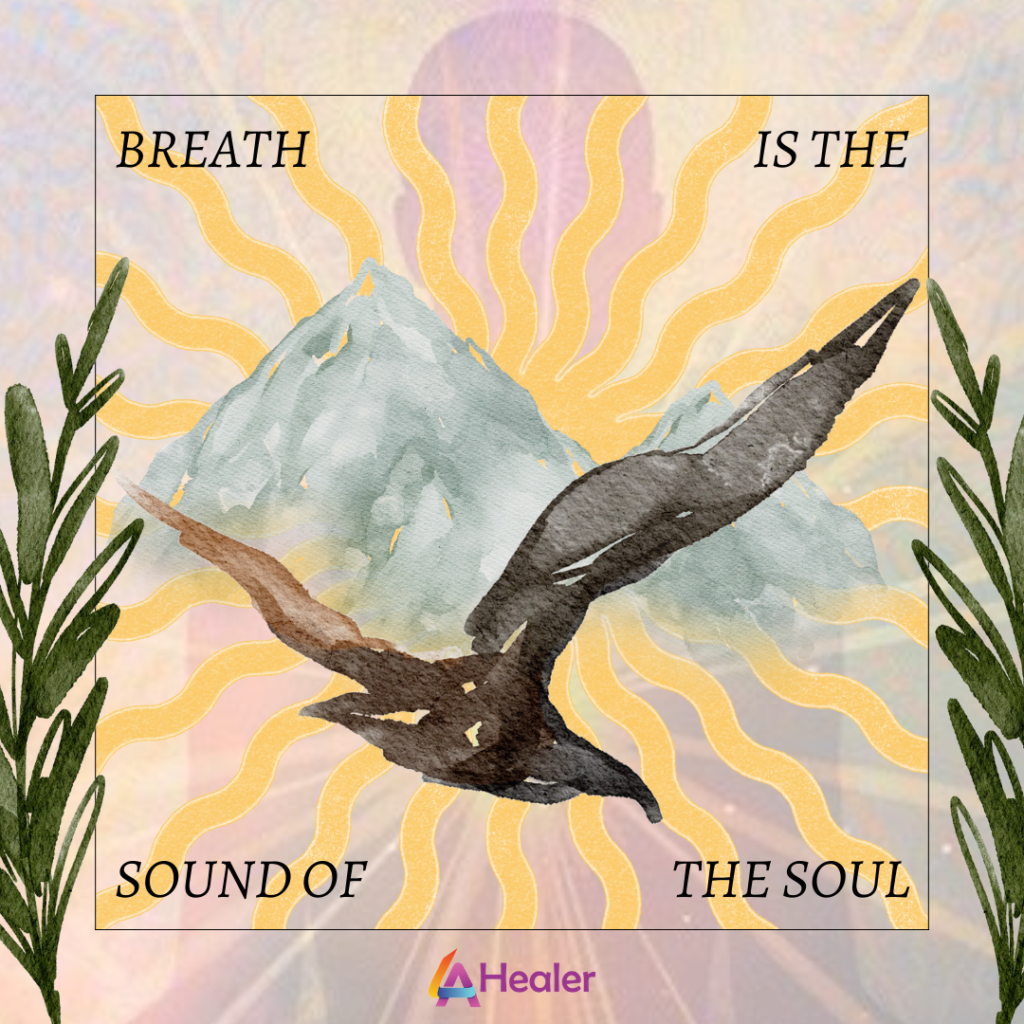With brandings like L.A. Healer, highlighting specialties that are off the beaten path like Craniosacral Therapy and Soul Retrieval may get lost in translation. These days people want to know exactly what something is quickly and how they can utilize it, with little effort to study or practice.
I often notice people will ask me questions to relate or associate what it is that I do with something they think they are already familiar with.
“Are you a witch?”
“No” I will typically respond.
“I do not practice magnetic field (aura) interference of any being that has not specifically asked for my help. I don’t create spells either, I am more of a mantra maker” I like to say.
“Are you a curandera?”, and for a long time, I would answer no.
I did not grow up with these words, they were not part of my everyday reality. Although ritual and ceremony are deeply planted in my everyday consciousness. Holistic health has always been at the forefront of my intentions and later in life I came to associate more with their term.
Curandera/o is a Spanish word referring to any spiritualist, bone-setter, bodyworker, divinator, midwives, herbalist, counselor, or santero that provides services to the public. This specific word identifies the cultural healing practices that gained roots in the diaspora of South, Central, and parts of North America through the slave trade and free migration of African and Caribbean peoples with those of the Americas. It combines religious practices with indigenous belief systems of a whole range of tribal cultures.
“The word Shaman has never been part of what I know as Curanderismo”
– Grandmother Flor De Mayo, Mayan Curandera
People will assume “oh so you are like a shaman then” and I will respond “no I am not a shaman nor have I ever actually met one, have you?”
Shaman is a Russian word referring to practices identified as far back to the Tungus culture. The English translation is referring to “one who knows”. Like Curandero, a Shaman can be a healer, a divinator, a prophet, or a religious priestess and encompasses many ritual practices that are rooted in the Far Northern Euro-Asian diaspora. Among modern practiced associated shamanism can include nature walks, ritual invoking animal entities, elemental pagan rites, and trance work. I have yet to meet a true Euro-Asian Shaman although I’d love that opportunity.
I am a product of the needs of my environment
In my practice of ritual and connection with source energy I may embrace the elements, I may spin my chak’las, I may have some techniques influenced or rooted in curanderismo, clients may move into a trance, however, I wasn’t giving title to them. I am simply living out my Passion and Purpose.
Spirituality is not a separate entity from the culture of the people involved in the healing or trauma. In our modern urban culture, spirituality has become entrenched in the density of Spiritual Entrepenurialism and copycat syndrome.
There are plenty of folks with good intentions branding themselves as Tarot Readers, Energy Healers, Astrologers, Priestesses of a given order, Love Healers, and on and on. They are creating their niche position based on their interests, gifts, and talents or capacity to serve while maintaining their day job or other pathways of income.
Then there is the modern nemisis of the healer who is the imposter. This can be a straight scammer as highlighted in a recent L.A Times article stealing the identities of embodied healing artists and seeking to leach financial resources from thier organic audience.
It is a stark contrast from the origins of Curanderismo and Shamanism wherein small villages determined which newly born children were destined for such a lifetime of work.
Even in modern indigenous cultures, the determining of the keepers of the ancient wisdom is still practiced despite colonial attempts to standardize education. These designations are made before or by the age of 13.
In response government attempting to seize and spoil education rights to these types of practices in the indigenous Amazon jungles, Celia Xakriaba of the Xakriaba people in modern-day Brasil states: “Our education is driven by our right to the land because our way of thinking is built upon the science of our land, It’s important to recognize indigenous knowledge as a powerful force for healing.”
I agree it will be indigenous wisdom that helps keep the earth in balance and such our daily lives within the larger society.
Like any practice or teaching, it should not be copied, it ought to be embodied. Embodiment through the daily practice of the movement and clearing of excess energy. The embodiment that establishes wholeness without the space snatching of labels, fake names and titles, egoic lists of accomplishments, and so on. The embodiment that true healers intend for you which is to activate and enable your self-healing.
The healer, the shaman, the curandera or doctor that comes from where you come from, that grew up with the same psychic, spiritual, emotional, and physical challenges that you can relate to will most likely have the medicine you need. That medicine will clarify, not confuse, it will simplify, not overcomplicate. It won’t matter how far you travel or what angels and guides are present. That medicine could be enough for you if you are ripe for a shift.

